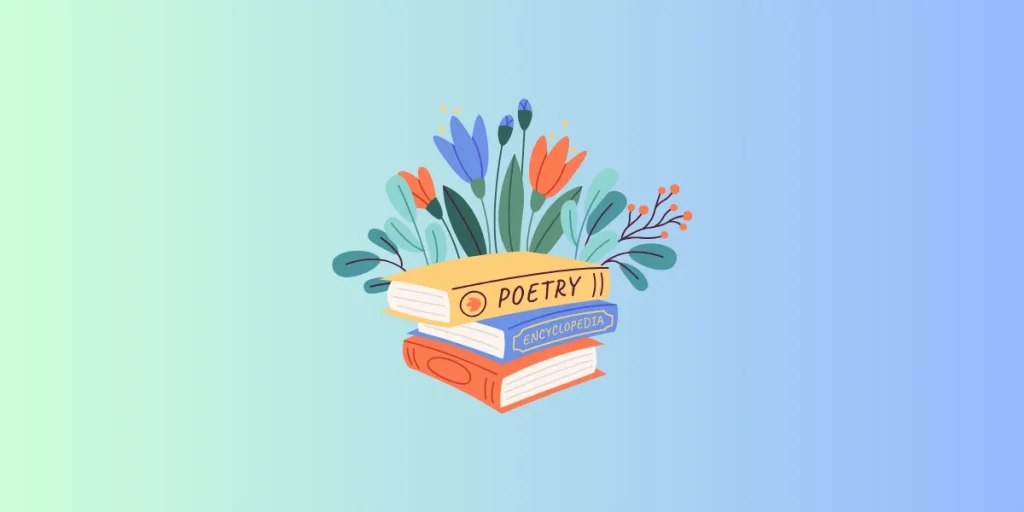In the vast and diverse landscape of literary expression, African poetry stands as a testament to the richness of the continent’s cultural heritage and the resilience of its people. Like the winds sweeping across the savanna, African poetry carries with it the echoes of ancient traditions, the rhythms of everyday life, and the aspirations of a continent striving for unity and self-expression.
Rooted in Oral Tradition:
At the heart of African poetry lies the rich tradition of oral storytelling, passed down through generations by griots, tribal elders, and revered poets. These oral narratives, often accompanied by music and dance, served not only as entertainment but also as a means of preserving history, transmitting cultural values, and fostering community cohesion. In exploring African poetry, one inevitably encounters this oral tradition woven into the fabric of verse, where the spoken word takes on a life of its own, resonating with the rhythms of the land and the cadence of human experience.
Themes of Identity and Resistance:
African poetry reflects the complexities of identity in a continent marked by diverse ethnicities, languages, and histories. Poets grapple with questions of belonging, migration, and cultural hybridity, as they navigate the intersections of tradition and modernity. Moreover, African poetry has often been a tool of resistance against colonialism, apartheid, and other forms of oppression. Through their verses, poets assert their agency, reclaim their narratives, and celebrate the resilience of African heritage.
Celebrating Nature and Spirituality:
The savanna, with its vast plains, towering baobab trees, and abundant wildlife, serves as a recurring motif in African poetry, symbolizing both the beauty and the harshness of the natural world. Poets draw inspiration from the rhythms of the seasons, the cycles of life and death, and the interconnectedness of all living beings. Moreover, spirituality permeates African poetry, with references to ancestral spirits, deities, and sacred rituals. In this way, poetry becomes a bridge between the tangible and the intangible, the seen and the unseen, inviting readers to contemplate the mysteries of existence.
Language as Liberation:
Language is a powerful tool of expression in African poetry, serving as both a barrier and a bridge across diverse linguistic landscapes. While colonial languages such as English, French, and Portuguese have been historically dominant in literary circles, African poets have reclaimed indigenous languages and dialects, infusing their verse with the cadences and idioms of their ancestors. In doing so, they challenge linguistic hegemony, assert cultural sovereignty, and celebrate the multiplicity of voices within the African literary tradition.
Looking Forward:
As Africa continues to undergo rapid social, political, and economic transformations, so too does its poetry evolve to reflect the changing realities of its people. Contemporary African poets address pressing issues such as urbanization, globalization, environmental degradation, and social justice, while also celebrating the resilience, creativity, and diversity of African cultures. In exploring African poetry, one not only encounters the echoes of the savanna but also glimpses the vibrant tapestry of humanity that is Africa.
In conclusion, “Echoes of the Savanna: Exploring African Poetry” invites readers on a journey through the literary landscape of Africa, where the spoken word resonates with the rhythms of the land and the spirit of its people. Through its exploration of oral tradition, themes of identity and resistance, celebration of nature and spirituality, and the power of language as liberation, African poetry emerges as a vibrant and dynamic expression of the African experience.

